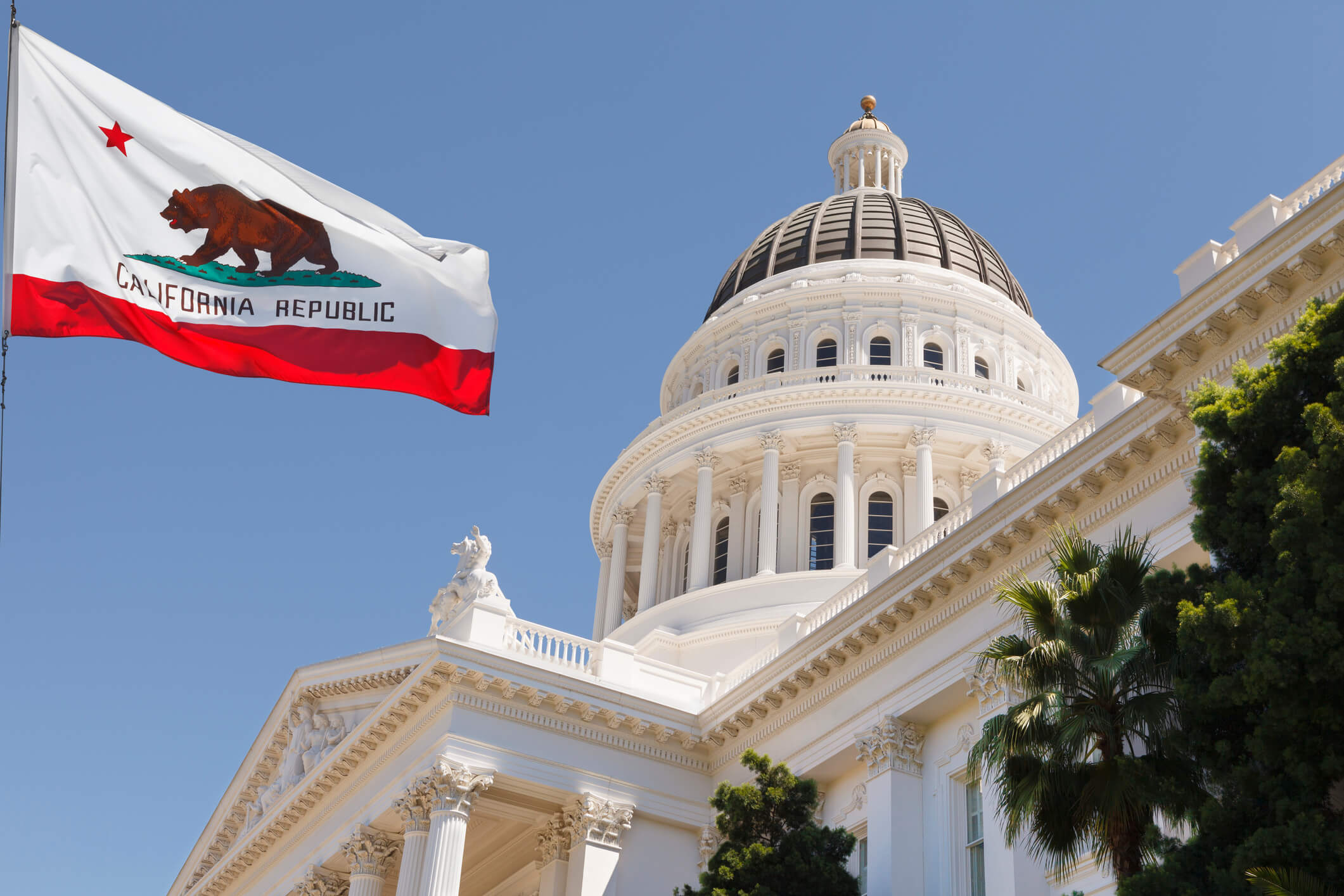Quick Hits
- California’s Assembly Bill 288 empowers California’s state public sector labor agency to oversee private sector union elections and handle unfair labor practice cases if the NLRB is stripped of or cedes its jurisdiction.
- The law aims to protect workers’ rights to organize and engage in collective bargaining but could create conflicting state and federal compliance obligations for employers.
- The law is expected to face legal challenges on federal preemption grounds, given long-standing legal precedent that the NLRA preempts state laws that regulate conduct that federal labor law either protects or prohibits.
On September 30, 2025, Governor Gavin Newsom signed into law Assembly Bill (AB) 288, empowering the California Public Employment Relations Board (PERB) to oversee and certify union elections, and decide unfair labor practice (ULP) charges if the NLRB is unable to or declines to carry out its duties. The law comes as the NLRB has been without a quorum to issue decisions since January 2025, and is facing multiple legal challenges questioning whether its structure is constitutional and the independence of its members.
In signing AB 288, Governor Newsom touted it as necessary to protect workers, organizing, and collective bargaining. However, AB 288 could create uncertainty in labor relations as employers could be forced to resolve labor disputes or face legal challenges in separate federal and state forums with overlapping and potentially conflicting compliance obligations. At least two lawsuits alleging federal preemption, including one by the NLRB, have already been filed against a similar law recently enacted in New York.
What the California Law Protects
The California law seeks to maintain similar worker protections for concerted activities and organizing efforts as provided by the National Labor Relations Act (NLRA), including rights to take concerted action; organize, form, or join a union; and engage in collective bargaining, when the NLRB is unable to or declines to act. The law also expressly states that it must “be liberally construed to ensure that all workers in California can effectively vindicate their fundamental rights.”
When the California Law Applies
AB 288 will allow covered workers to petition PERB to enforce their rights under the NLRA in situations in which “they lose coverage under” that NLRA because the law has been “repealed, narrowed, or its enforcement enjoined in a case involving that worker,” whether by the president, Congress, or the federal courts, or when “the NLRB has expressly or impliedly ceded jurisdiction.”
The NLRB will be deemed to have ceded jurisdiction after January 1, 2026, in cases in which a:
- certification of results of an election, including the certification of a bargaining representative, has been issued or where a challenge or objection to a representation election is pending before the NLRB, and the NLRB: (1) lacks a quorum; (2) “has lost its independence” because the Supreme Court of the United States rules that Board members are not constitutionally protected from removal; or (3) has been enjoined by a court in a constitutional challenge to its structure or authority;
- certification, complaint, or decision has not been issued, and “processing delays” cause a case to be pending before a regional director or an administrative law judge (ALJ) for more than six months without a decision;
- certification of election results, or other reviewable order has been issued, by a regional director or an ALJ, but “processing delays” prevent the NLRB from accepting or declining review or granting permission for an immediate appeal for more than six months following a request for review or appeal; or
- review before the NLRB is pending but is delayed more than twelve months without a decision.
Notably, PERB will retain jurisdiction over pending matters even if it determines the situations no longer apply “unless ordered by a court of competent jurisdiction to cede its jurisdiction.”
Powers Granted to PERB
Private sector employees or their representatives will be able to petition PERB to certify exclusive bargaining representatives or decide ULP charges, including those based on allegations of a refusal to bargain, not recognizing a bargaining representative, or failure to bargain in good faith. PERB will be able to conduct union elections, certify bargaining representatives, issue bargaining orders, order employers to submit to binding arbitration, or “[o]rder any appropriate remedy” when an “employer refuses to comply” with the law, including injunctive relief and penalties.
Potential Legal Challenges
AB 288 almost certainly will face challenges as it expands PERB’s jurisdiction over private sector employees and employers, who have historically been governed only by federal labor law. While AB 288 asserts California has a right to protect workers under the state’s police powers, the NLRA is typically understood to preempt conflicting state labor laws and provides the NLRB exclusive jurisdiction to regulate private sector labor relations.
On September 5, 2025, Governor Kathy Hochul signed a similar law that authorizes the New York State Public Employment Relations Board (New York PERB) to assert jurisdiction when the NLRB cannot successfully act. On September 12, 2025, the NLRB’s acting general counsel filed a lawsuit in the U.S. District Court for the Northern District of New York alleging that the New York law is preempted by the NLRA because it “unlawfully usurps the NLRB’s authority by attempting to regulate areas explicitly reserved for federal oversight, creating a parallel regulatory framework that conflicts with the NLRA.”
The NLRB has since asked the federal court to grant a preliminary injunction to block the New York law, arguing that “it is likely to suffer irreparable due to two agencies—[New York PERB] and the NLRB—likely considering the same matters with the same parties but coming out with different conclusions, thus developing a divergent and confusing set of dueling jurisprudence.”
Next Steps
Employers in California should prepare for the potential that the California PERB will attempt to insert itself into union organizing and collective bargaining disputes and/or ULP charges that typically have been the NLRB’s exclusive jurisdiction. The new California law creates a situation in which employers could face dual state and federal challenges or be forced to proceed along dual tracks to challenge election results or resolve other labor disputes. This could complicate matters for employers and increase uncertainty. Moreover, while AB 288 likely will face legal challenges, it underscores the actions some states are exploring to enact employee protections in a field typically reserved for the federal government.
Ogletree Deakins’ Traditional Labor Relations Practice Group will continue to monitor developments and will provide updates on the California, Governmental Affairs, and Traditional Labor Relations blogs as additional information becomes available.
Follow and Subscribe
LinkedIn | Instagram | Webinars | Podcasts







